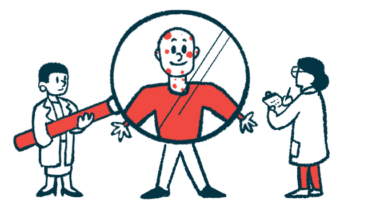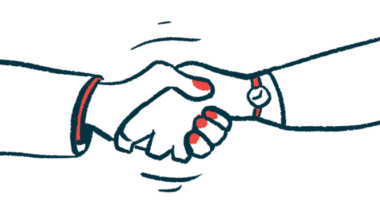What I’ve Learned About Cushing’s Disease and Postoperative Care

What is postoperative care like when treating Cushing’s disease? In my experience, this question isn’t always fully answered by our physicians, and as patients, sometimes we must navigate the solutions on our own.
After I had transsphenoidal surgery to remove a pituitary tumor in 2015, I expected to be in the hospital for a few days before being discharged for monitoring — and that was all I expected. I also had a gamma knife procedure, a type of outpatient radiation therapy, after which I thought I’d simply be able to go home and rest. But what I didn’t expect was that seven years later, I’d still be working on certain areas of my life that needed managing.
In the past month and a half, I’ve really had to take a mental inventory of myself and what I need to change to take my health to another level. The period from September to December of last year was rough for my family. My self-discipline went out the window, and I started slacking in terms of healthy choices. I took shortcuts in my workouts, which eventually caught up with me.
I’m still learning new things about postoperative care; specifically, self-care. The first is that my eating habits are nothing to play around with because of the significant effect doing so has on my body. Before my pituitary tumor and surgery, I could eat whatever I wanted because I could work it off at the gym. Now, I have to watch out for any type of food that might cause inflammation, and either limit it or eliminate it from my diet completely.
For example, chips and carbs, both of which I love, simply aren’t good for my body. I can’t overindulge or I will pay the price severely. This has been my biggest struggle and is an area where I must practice self-discipline.
Another area of change is exercise. Before surgery, I could go to the gym and get a good workout in. I had a nice routine going, and if I couldn’t get to the gym, I could do a few exercises from home. This has all changed post-op. My muscle mass is gone, my joints have been periodically weak, and my bone density needs to be improved.
Pushups were a regular part of my daily routine, and now, I can barely do three. Yet while three isn’t many, it is an improvement from when I started postoperative care. I’ve since adapted my routine to doing wall pushups to help build my strength. Low-intensity workouts are now my go-to workouts, because they don’t put a lot of stress on my body, and they help to retrain and strengthen the new body I have.
I’m still learning to listen to what my body is saying. As you can tell, I’m a work in progress, but I will continue to improve to be the best version of me, not just mentally, but also physically. I will keep you updated on my progress.
Note: Cushing’s Disease News is strictly a news and information website about the disease. It does not provide medical advice, diagnosis, or treatment. This content is not intended to be a substitute for professional medical advice, diagnosis, or treatment. Always seek the advice of your physician or other qualified health provider with any questions you may have regarding a medical condition. Never disregard professional medical advice or delay in seeking it because of something you have read on this website. The opinions expressed in this column are not those of Cushing’s Disease News or its parent company, BioNews, and are intended to spark discussion about issues pertaining to Cushing’s.








Comments